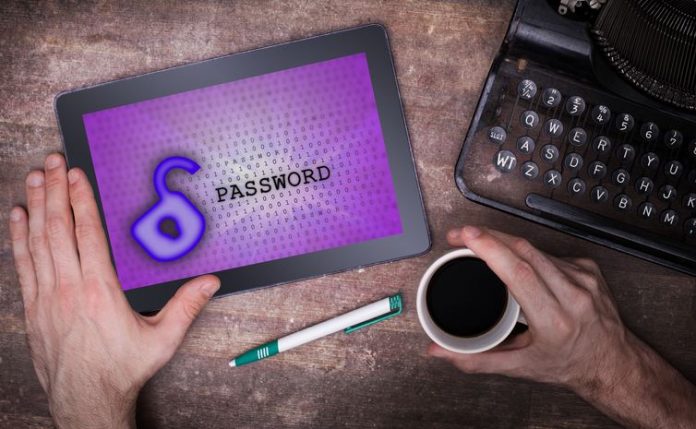Identity theft is the fastest growing crime in cyberspace. In real life social situations, your identity cannot easily be stolen because you are identified by your appearance, your voice, your manner of speech, your habits and so on.
Anyone who knows you should be able to tell at once whether it is you or some other person.
But on the internet, your name, looks, voice, habits etc. are not revealed. You are identified only by your electronic signatures, which can easily be forged by those who know how to do such things. And this may lead to financial loss and other trouble.
Imagine that in real life someone goes to a friend of yours, claims to be none other than you, and asks to borrow money. He will be instantly rejected because your friend knows that it isn’t you but some other person posing as yourself.
But on the internet this is not so easy to find out. Anyone who is able to steal and use your electronic signature virtually becomes you, for all practical purposes.
If that person has your credit card number or social security number, for instance, he or she can easily use that to make financial gains, to your detriment.
How do you prevent against identity theft? There are a number of procedures that experts recommend. You cannot totally control whether your identity will be stolen or not, but following these shall at least minimize the risks.
First, use passwords to lock down all aspects of your online presence. You need to be specially careful about your social security number and your credit card number. Your telephone accounts can also some time be under threat, so it is best not to ignore those either.
What is a good password? If you use one that is easy to remember, then it will be easy to break, too. Do not use your mother’s maiden name or the name of your first school, or any such real information that can be fairly easily retrieved by a diligent cracker.
Rather, use combinations of letters, numbers, spaces and punctuation marks to make it nearly impossible to break. And make it as long as possible the longer the better.
Remember, you shouldn’t write down your passwords anywhere, especially not on your desktop pad or on a file on your hard drive. These can be easily accessed by a determined person.
Secondly, use software like GPG (GNU Privacy Guard) to protect your privacy through strong encryption. This type of program can encrypt all your files and folders in a way that only one who knows the password should be able to access them.
They can also encrypt your e-mail too so that only the authorized recipient would be able to read them and anyone trying to intercept them midway shall only find a handful of jumbles.
Identity theft can also occur through insecurely handled real-life hard copies of important documents. Use a high-quality paper shredder or incinerator to dispose of all your trash you never know what little sliver of paper contains enough info to let your personality be hijacked.
If you use traditional mail, drop your letters only at securely located mailboxes, and collect them personally from the post office.

